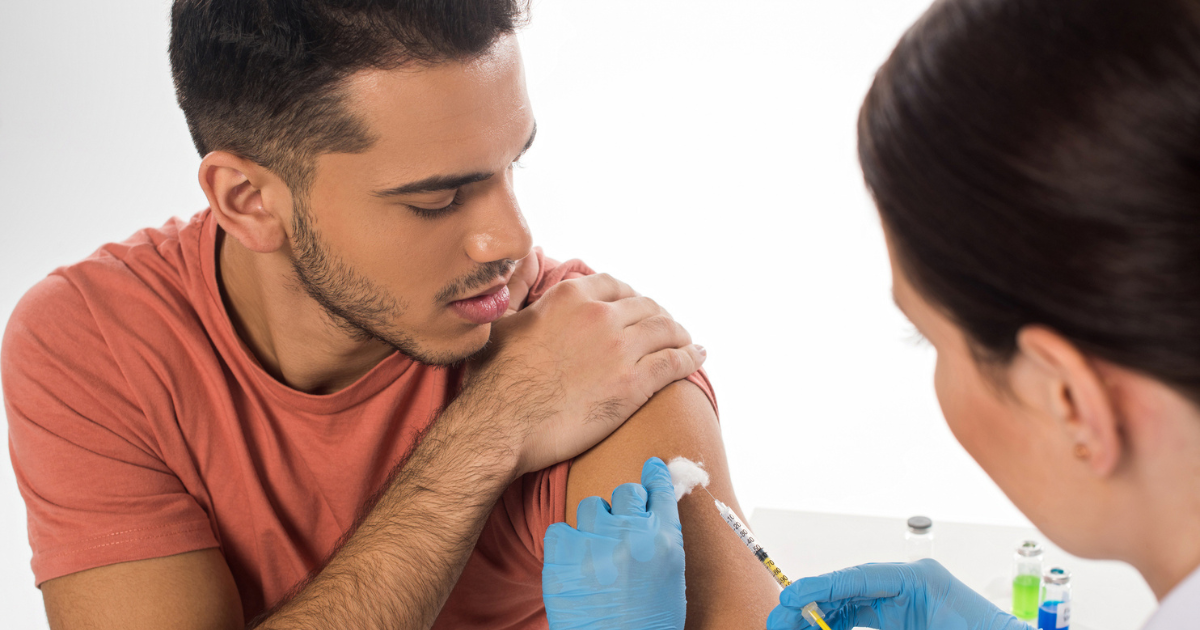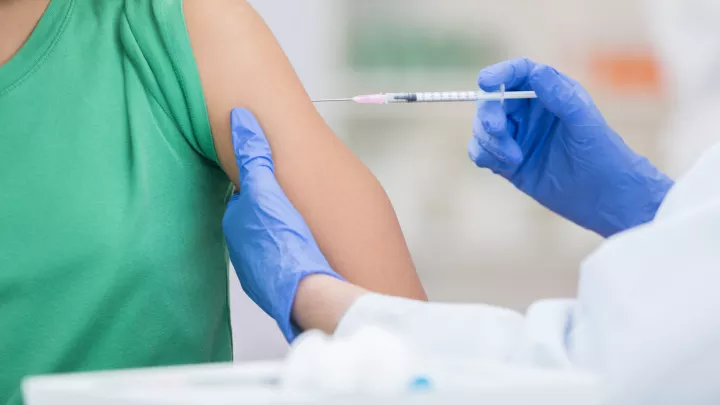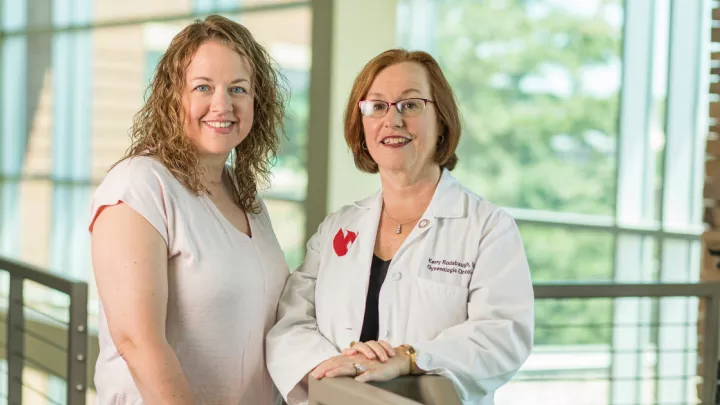What are the benefits of the HPV vaccine for adults?

According to the Centers for Disease Control and Prevention, about 13 million Americans become infected with human papillomavirus, or HPV, each year. The CDC also estimates that every sexually active adult will contract HPV at some point in their lives.
HPV is spread during sex or close skin-to-skin contact with someone who has the virus. A person with HPV can pass the infection to someone else even if they don’t have any symptoms.
While most cases resolve on their own, some types can cause cervical cancer and less common cancers like:
- Anal cancer
- Penile cancer
- Vaginal and vulvar cancers
- Oropharynx cancer
The Gardasil® 9 vaccine protects against certain types of HPV. It’s approved by the Food and Drug Administration for males and females ages 9 to 45. To increase efficacy, the CDC recommends all people between 11 and 12 years old receive two doses of the HPV vaccine six to 12 months apart.
Teens and young adults who start the series later, between ages 15 and 26, should get three doses.
Adults ages 27 to 45 who are not vaccinated may decide to get the HPV vaccine after speaking with their doctor about the potential risks and benefits. It is thought that HPV vaccination in this age range typically provides less benefit because more people in this age range have already been exposed to HPV.
However, the vaccine may still provide benefits, even after HPV exposure. There may also be a benefit if you have tested positive for HPV and had an abnormal pap smear in the past.
“The vaccine will give your immune system a major advantage in fighting the virus, and if you already have one strain of HPV, the vaccine can help protect you from other strains,” says Andreea Newtson, MD, Nebraska Medicine gynecologic oncologist. “It is typically well tolerated with few adverse documented effects. Therefore, it still makes sense to get the vaccine if you are in this age range.”
While the vaccine protects against most types of HPV that cause cervical cancer, it does not negate the need for routine screenings. There are other types of HPV not covered by the vaccine.
“It’s still important to get regular PAP smears and pelvic exams,” says Dr. Newtson. “Even vaccinated people should get regular cervical cancer screenings starting at age 21.”
To make an appointment, contact your primary care doctor or OB-GYN. If you don’t have a primary care doctor, you can schedule an appointment with one online or call 800.922.0000 to make a new patient appointment. If you'd rather see an OB-GYN, you can browse a list of our OB-GYNs here and then call their clinic to make an appointment.







